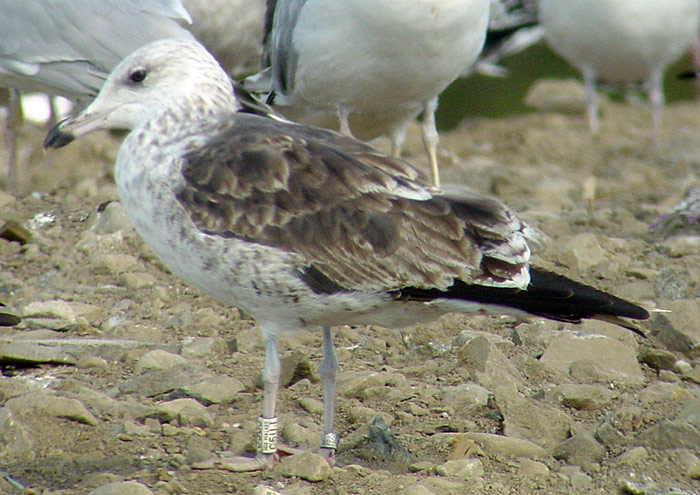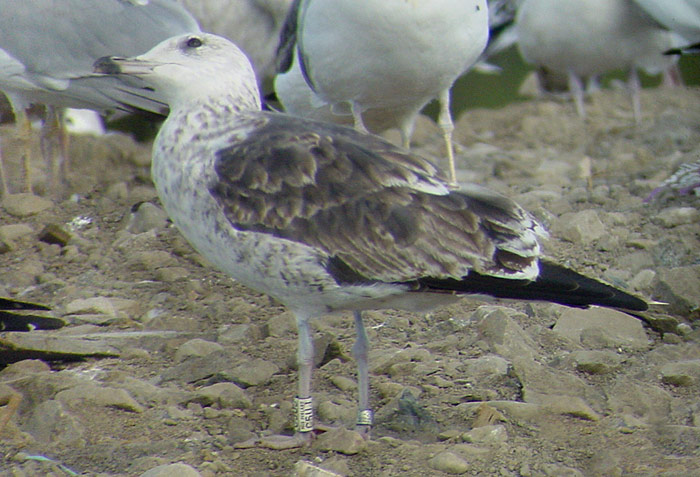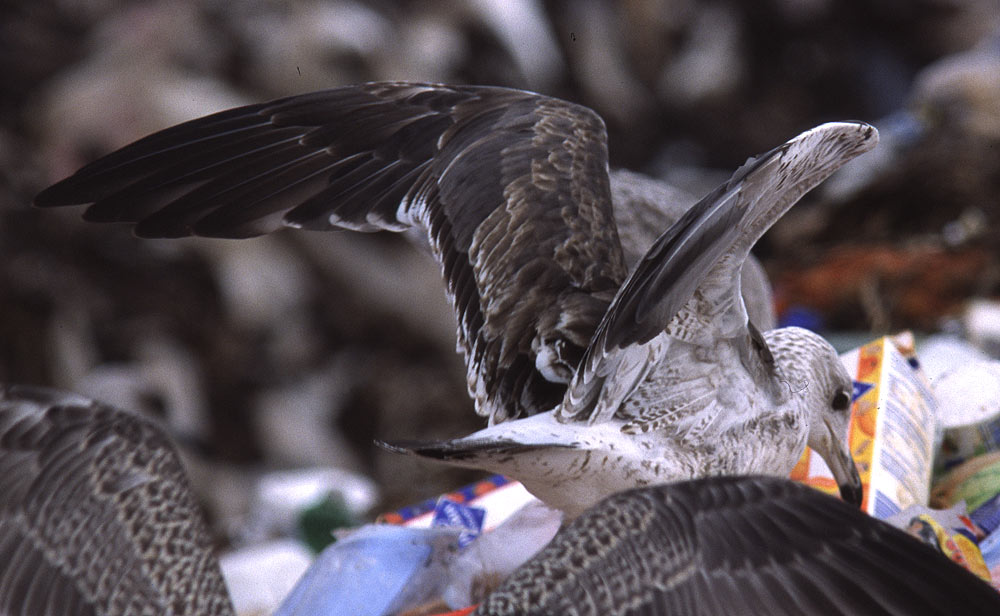 nominate Lesser Black-backed Gull (L. fuscus)
nominate Lesser Black-backed Gull (L. fuscus)
(last update:
Amir Ben Dov (Israel)
Hannu Koskinen (Finland)
Mars Muusse (the Netherlands)
fuscus 1cy July
fuscus 1cy Aug
fuscus 1cy Sept
fuscus 1cy Oct
fuscus 1cy Nov
fuscus 1cy Dec
fuscus 2cy Jan
fuscus 2cy Feb
fuscus 2cy March
fuscus 2cy April
fuscus 2cy May
fuscus 2cy June
fuscus 2cy July
fuscus 2cy Aug
fuscus 2cy Sept
fuscus 2cy Oct
fuscus 2cy Nov
fuscus 2cy Dec
fuscus 3cy Jan
fuscus 3cy Feb
fuscus 3cy March
fuscus 3cy April
fuscus 3cy May
fuscus 3cy June
fuscus 3cy July
fuscus 3cy August
fuscus 3cy Sept
fuscus 3cy October
fuscus 3cy Nov
fuscus 3cy Dec
fuscus 4cy Jan
fuscus 4cy Feb
fuscus 4cy March
fuscus 4cy April
fuscus 4cy May
fuscus 4cy June
fuscus 4cy July
fuscus 4cy Aug
fuscus 4cy Sept
fuscus 4cy Oct
fuscus 4cy Nov
fuscus 4cy Dec
fuscus ad Jan
fuscus ad Feb
fuscus ad March
fuscus ad April
fuscus ad May
fuscus ad June
fuscus ad July
fuscus ad Aug
fuscus unringed Aug
fuscus ad Sept
fuscus ad Oct
fuscus ad Nov
fuscus ad Dec
(4 images) Larus fuscus fuscus 2cy C5UJ August 2002, Tampere, Finland (61.33N 24.59E).C5UJ was ringed in Punkah, Finland (61.86N 29.49E), ringed as pullus previous summer 2001: July 05 2001 by Risto Juvaste. Hand when ringed: 195 mm. Primaries P1-P9 were included in the moult on the wintering grounds last spring and the picture shows the abraded tip of P10, which is still juvenile. After arrival in Europe, a new moult wave started at P1, and by mid August, P1-P3 are fresh 3rd generation feathers, P4 is missing, P5-P9 are 2nd generation and P10 is old juvenile. All secondaries and tail-feathers are present and were replaced at the wintering grounds as well, now in August: 2nd generation. The outer greater coverts are shed and show the second generation secondaries. Most of the wing-coverts are very worn second generation feathers. The innermost greater covert, a single median covert, quite some lower lessers and lesser coverts have been replaced for dark third generation feathers, which still show some internal patterns, unlike the commonly found plain blackish-grey 3rd generation feathers in 2cy fuscus. The upper tertials were the last moulted feathers to 3rd generation, showing a broad white fringe at the tip. All tail-feathers are worn second generation. More pictures HERE.
2 images below: August 17 2002 (images by Hannu Koskinen). See also Visa Rauste's website.
|



